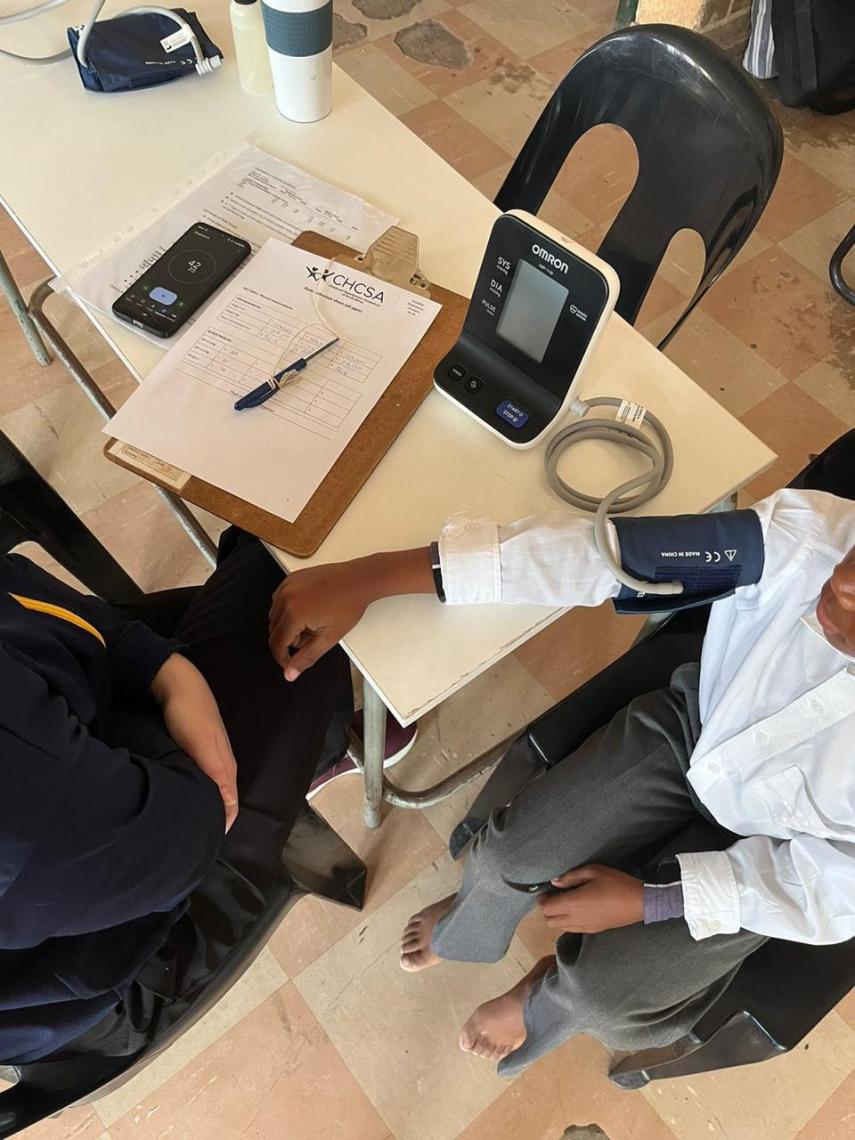As the world gathers for the 17th Global Conference on Ageing in Cape Town, conversations about how societies can adapt to rapidly ageing populations are more urgent than ever. For low-to-middle-income countries (LMICs), the stakes are even higher, where limited resources and fragile healthcare systems struggle to keep pace with the growing burden of non-communicable diseases.
For Professor Ruan Kruger, from the NWU Faculty of Health Sciences, member of the Hypertension in Africa Research Team (HART) and Acting CEO of the South African Heart Association (SA Heart), the path forward is clear: prevention must take centre stage. His research and advocacy highlight the vital role of primordial prevention, intervening before risk factors for cardiovascular disease even emerge.

Why primordial prevention matters?
Cardiovascular disease remains the leading cause of death worldwide, and its impact is increasing alongside global ageing trends. In LMICs, where healthcare is often reactive rather than preventative, failing to intervene early means higher costs, increased hospitalisations, and reduced quality of life for millions.
Through pioneering projects such as the ExAMIN Youth SA study and his leadership role in CHCAfrica, Prof Kruger has shown that cardiovascular health trajectories are shaped early in life—often from childhood. Early detection, education, and lifestyle interventions can change outcomes dramatically, particularly in vulnerable communities.
A call to policymakers and funders
Prof Kruger emphasises that the evidence is undeniable: prevention is cost-effective, sustainable, and socially transformative. He urges global funders, policymakers, and development agencies to invest in scalable, culturally relevant programmes that prioritise education, community-based screening, and health promotion starting in childhood and continuing across the lifespan.
“Healthy ageing,” Prof Kruger argues, “is not only about managing disease but about preventing it before it even begins.”
Towards a turning point
The 17th Global Conference on Ageing presents an opportunity for the global health community to commit to a new paradigm, one that embeds primordial prevention as a cornerstone of ageing policy and practice.
For LMICs, this commitment is not optional but essential. By investing now in prevention and health promotion, societies can reduce long-term healthcare costs, build resilience in their healthcare systems, and enable people to age with dignity and vitality.
At NWU, our researchers continue to drive innovative solutions for Africa and the world. Prof Kruger’s call to action is not just for policymakers, but for all of us, to imagine a future where prevention is the norm, and healthier ageing is a shared reality.



